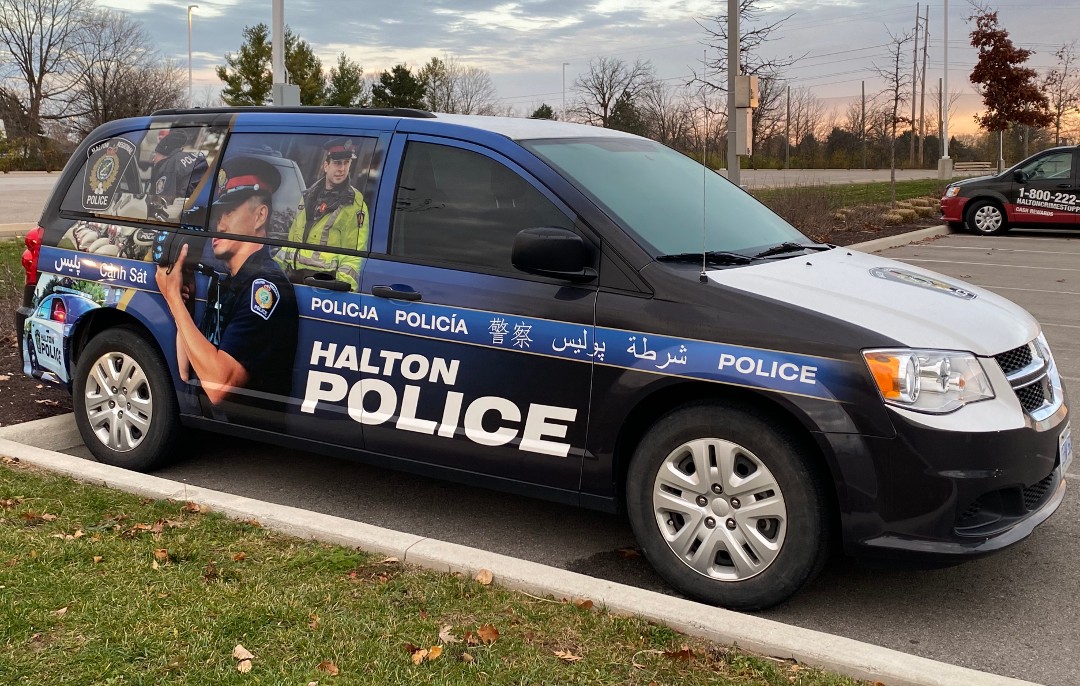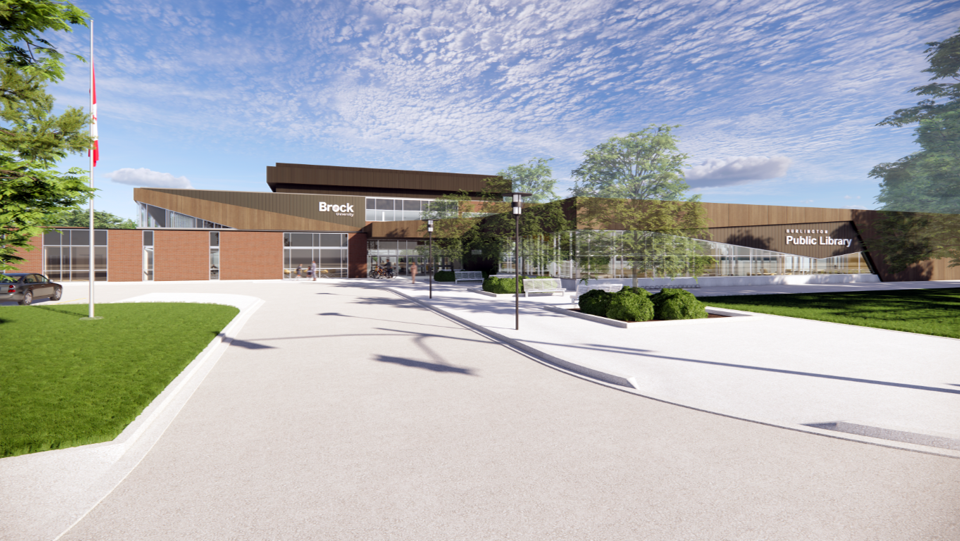By Kezia Royer-Burkett, Local Journalism Initiative Reporter
At the September 2024 Halton Regional Police Board meeting, officials addressed pressing community safety concerns, including updates on crime trends and budgetary matters. Milton’s policing efforts were a key focus, with the Chief of Police Stephen J. Tanner emphasizing the importance of visible policing.
“Officers are out and about providing proactive safety measures on various vehicles, including cars, bikes, and cycles,” Tanner noted, stressing the need for a strong community presence. With the addition of eight new officers, Milton’s policing capacity is growing at a critical time as concerns over rising crime rates persist.
Recent statistics reveal a sharp increase in property crime, which has surged by 18%, while fraud incidents have skyrocketed by a staggering 97% across the region compared to the same period last year. Deputy Chief Jeff Hill acknowledged the severity of these trends, particularly the 626 fraud occurrences, which have overwhelmed current investigative processes.
“Fraud is one of the areas where we’re seeing a massive increase. We are looking at how we can automate and streamline some of our processes because our current methods haven’t changed in over a decade,” he said.
Another growing concern for Halton residents is the alarming rise in bicycle theft, with children’s and adults’ bikes being stolen every 6 to 8 hours. This highlights that theft is no longer confined to high-end vehicles, but now affects everyday items essential for many people’s daily lives. For some, bicycles are their only means of transportation to work, community activities, and other important commitments, underscoring the broader property crime issues impacting the region.
Constable Ryan Anderson of the Halton Regional Police Service (HRPS) outlined the department’s response to these growing concerns: “We are aware of the increasing concerns related to issues such as fraud and property crimes. The Halton Regional Police Service remains committed to addressing these and other issues both proactively and reactively.”
To address these challenges, the HRPS has increased patrol visibility in high-crime areas and is utilizing data-driven approaches to identify crime hotspots, deploying resources more effectively.
One of the most troubling statistics discussed during the meeting was that only 3% of property crime cases ever proceed to trial.
Lisa Kearns, city councillor for Ward 2 in Burlington and Halton’s Regional Council representative on the Halton Police Board, remarked, “Property crimes can be extremely violating, causing unease across the community. These crimes often lack sufficient evidence, such as personal cameras or eyewitnesses, which makes it challenging to close cases.” The low rate of case progression in Halton has raised concerns over the justice system’s ability to hold repeat offenders accountable, particularly in cases of auto theft.
During the board meeting, HRPS highlighted a concerning shift in organized crime, with criminals moving from drug trafficking to auto theft, drawn by its higher profitability and lower risk. In 2023, over 50,000 vehicles were reported stolen in Ontario, but only 600 were recovered at the Port of Montreal, a common hub for exporting stolen cars. The ongoing cycle of repeat offenders being arrested, quickly released, and reoffending continues to frustrate law enforcement. Deputy Chief Hill emphasized that this cycle not only threatens community safety but also erodes public trust in the justice system
Despite these challenges, HRPS remains committed to working collaboratively with other agencies. A recent major drug operation conducted in partnership with the Ontario Provincial Police resulted in multiple arrests and the seizure of weapons, drugs, and cash. This successful operation demonstrates the importance of local and provincial cooperation in tackling organized crime.
In addition to enforcement, the Halton Police Foundation has raised over $500,000 to fund programs supporting at-risk youth, reflecting a broader commitment to community engagement beyond traditional law enforcement.
“By investing in youth-focused programs, the foundation seeks to prevent young people from becoming involved in criminal activities, fostering safer communities in the long run,” a foundation representative stated. Constable Anderson reiterated the HRPS’s dedication to community safety: “Your safety is our priority, and we are committed to keeping Halton one of the safest regions in the province and the country.”
The HRPS is also expanding its crime prevention efforts. Ongoing initiatives include town halls, social media awareness campaigns, and joint force operations targeting fraud, auto theft, and cybercrime. Projects such as Ninja and Catfish have successfully dismantled organized crime groups involved in auto theft and gun trafficking. Additionally, the HRPS has conducted community safety initiatives, including Project Safe Start, targeting road safety during back-to-school season, and Project Unplated, aimed at unlicensed motorcycles.
Despite the rise in crime rates, the HRPS remains proactive in its efforts to protect the community. By modernizing their methods, increasing patrols, collaborating with other agencies, and focusing on youth engagement, HRPS is working to create a safer and more secure community for all residents.




